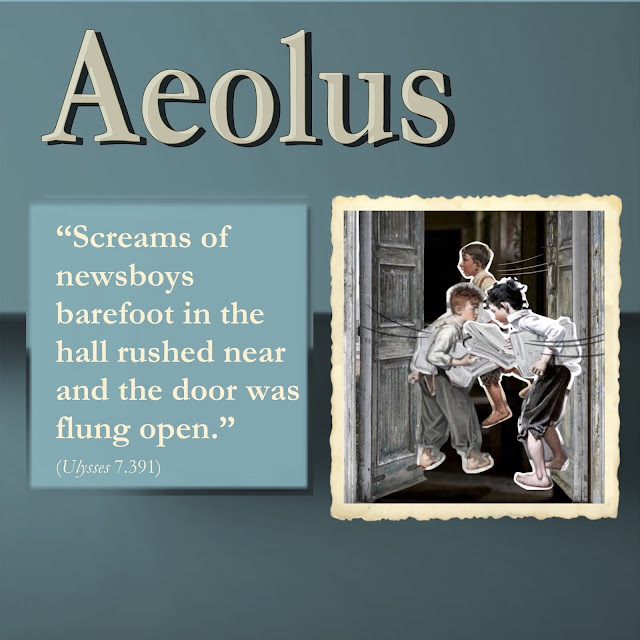The Zurich James Joyce Foundation is starting three new Ulysses reading groups in 2025.
The classic reading group with Fritz Senn is starting a new cycle on Thursday, 9 January, 5-6 pm. The close readings are slow-paced and held weekly.
Two new Ulysses groups – one in English and one in German – are starting with Martin Mühlheim. The readings will be held at longer intervals and take alternating turns. The book will be read in 18 sessions. The German group is starting on Tuesday, 14 January, the English group on Tuesday, 21 January, 6-7 pm. Please consult the programmes below for further details.
No prior knowledge is required. Participants can join at any time. All readings are held at the Zurich James Joyce Foundation, Augustinergasse 9, 8001 Zurich, 2nd floor, info@joycefoundation.ch.
The Zurich Foundation also offers Finnegans Wake readings. More details can be found on the general programme below and on the reading groups' respective online bookmarks: reading on site (Thursday) and reading on Zoom (Tuesdays).
Programme Ulysses in German. Click image to enlarge.
Programme Ulysses in English. Click image to enlarge.
Spread the word. Bring a friend. Anyone is welcome.












































